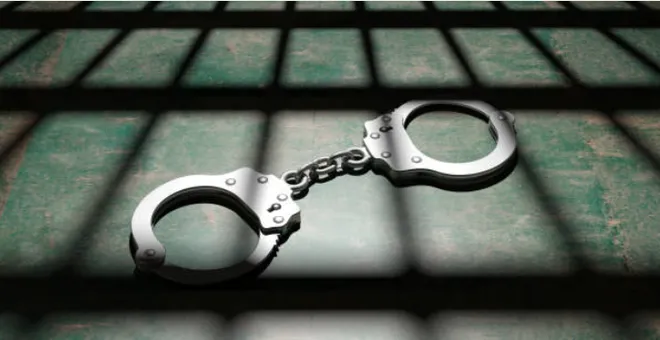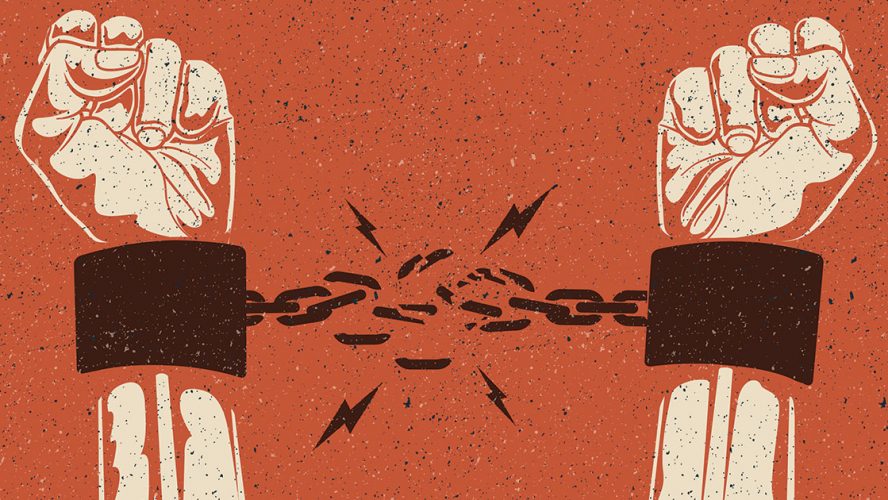Challenging Racial Injustice in the Criminalization of Homelessness in the United States: A Human Rights Approach


The following is a summary of the Law Review article, Challenging Racial Injustice in the Criminalization of Homelessness in the United States: A Human Rights Approach, which explores the cycle of racial injustice perpetuated by the criminalization of homelessness
SUMMARY
Disproportionately impacted by criminalization laws and policies, Black people experiencing homelessness are fined or incarcerated at higher rates than their peers. Comprising 40% of people experiencing homelessness, while only making up 13% of the general population in the United States, Black Americans have found themselves adversely impacted as a result of structural racism.
A direct violation of international human rights standards, the criminalization of life-sustaining activities not only perpetuates the cycle of homelessness but further exacerbates racial disparities. Rather than addressing the root causes of homelessness, criminalization has been found to place more barriers in the way of escape by imposing expensive fines and generating criminal records, “driving employment and housing out of reach and circulating individuals from the street to the criminal justice system and back.”
A direct violation of international human rights standards, the criminalization of life-sustaining activities not only perpetuates the cycle of homelessness but further exacerbates racial disparities. Rather than addressing the root causes of homelessness, criminalization has been found to place more barriers in the way of escape by imposing expensive fines and generating criminal records, “driving employment and housing out of reach and circulating individuals from the street to the criminal justice system and back.” This approach has failed to address the structural causes of homelessness and infringed on the fundamental rights to equality and non-discrimination, freedom from torture and CIDT (cruel, inhumane, or degrading treatment), liberty and security of person, freedom of movement, life, and housing – “opening the door to more brutality and discrimination."
RECOMMENDATIONS
Recommendations listed in the article are as follows:
- At all levels of government, the U.S. should respect the basic human rights of people experiencing homelessness by either repealing or not enforcing statutes that prohibit life-sustaining activities in public when the government cannot offer alternative shelter or services.
- At the federal level, the U.S. government should utilize its spending power to incentivize local governments to stop criminalizing homelessness.
- The U.S. must take steps to fulfill basic rights by adopting alternative policing methods and a Housing-First approach, as well as recognizing the right to adequate housing.
- At all levels, the U.S. government should further invest in Housing-First programs.
- All levels of government should recognize a right to adequate housing
- The U.S. must uphold its obligation to protect basic rights from third-party violations.
